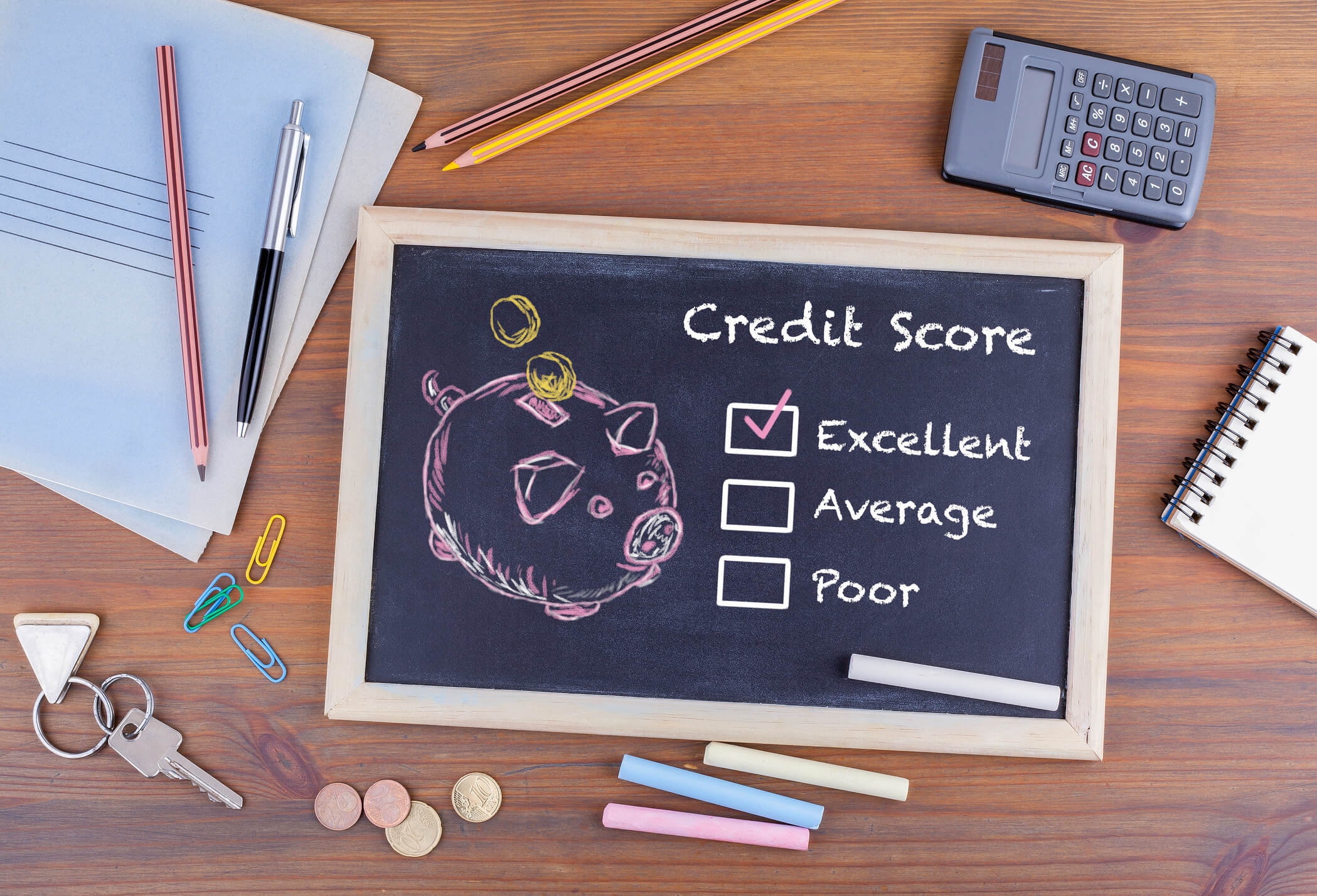There is an astonishing amount of people in the world who have no idea what their credit score is or how it even impacts their financial health. Even if you never need a loan or credit card, your credit score is used for many reasons that can negatively affect your life if your score is low.

- To determine your insurance rates and premiums
- To be able to rent a home, apartment, or car
- Down payments to get cable, internet, or phone service
- To make purchases with payment plans
- To determine if a company will hire you
Knowing that your credit score can affect so many aspects of your life, you must know how to get and keep a good, if not great, credit score. Here are six simple strategies to help you get and keep a good credit score.
Pay Your Bills on Time
Paying your bills on time should be a given when it comes to your financial health, but you would be surprised how many don’t realize that some of your payments hit your credit every time you’re late. While it is not suggested that you be late on any bill payments, sometimes life is difficult, and you have to shuffle some things around to make ends meet. Make sure you pay those bills that will affect your credit on time or before they are late work with the creditor on a payment plan that won’t damage your credit.

Experian Boost
Experian has begun a program to help anyone who wants to boost their credit to do it. One of the three major credit reporting entities did something brilliant. They are allowing bills that typically are not considered on your credit that you likely pay on time every month to be considered in your credit score. You can add your utility bills and your cell phone bills into the mix of payments that will boost your credit if paid on time and see a jump in your credit score by about forty points in 90 days! Hopefully, the other two entities follow suit as this could change the face of credit if you pay these bills on time but had some credit issues that lowered your score.
Deal with Debt NOW
Debt should be the most important concern you have financially outside of necessities. If you are spending on luxuries when you are carrying debt, you make a huge financial mistake. Start with making the largest payments towards those debts that carry the highest interest rates. If you have any revolving credit such as a credit card, do not use it until all debt is paid down, or you will be back in the same boat quickly. You need to stop this debt leak. That said, do not close unused credit cards as this adversely affects your credit. Keep them open and pay any fees they have but don’t spend on them.

Multiple Lines of Credit
Even if you pay every credit card and loan on time, it will still lower your credit score if you have many lines of credit. A potential creditor will not want to see that their bill will be one among many you will struggle to pay if you fall upon hard times. While if you are paying them on time, it will help your score but not enough to overcome the hit your credit took by having too many credit lines.
Stop Applying for Credit
Just because that department store will give you a 20% discount on your current purchase for just applying for their in-store credit card doesn’t mean you should do it. Every single time there is a hard inquiry on your credit score, it lowers it. Simply put, stop doing it. Hit sales or go second-hand shopping if you want to get great deals, don’t apply for every store you shop in’s line of credit.
Dispute Your Credit Report
Many credit checking apps and websites do soft inquiries on your credit score, which doesn’t adversely affect your score even if you check it every day, multiple times a day. You need to be checking your score as regularly as possible because if there are ever any inaccuracies if you catch them and dispute them immediately, they will be removed quickly. About Complete Controller® – America’s Bookkeeping Experts Complete Controller is the Nation’s Leader in virtual bookkeeping, providing service to businesses and households alike. Utilizing Complete Controller’s technology, clients gain access to a cloud-hosted desktop where their entire team and tax accountant may access the QuickBooks™️ file, critical financial documents, and back-office tools in an efficient and secure environment. Complete Controller’s team of certified US-based accounting professionals provide bookkeeping, record storage, performance reporting, and controller services including training, cash-flow management, budgeting and forecasting, process and controls advisement, and bill-pay. With flat-rate service plans, Complete Controller is the most cost-effective expert accounting solution for business, family-office, trusts, and households of any size or complexity.
About Complete Controller® – America’s Bookkeeping Experts Complete Controller is the Nation’s Leader in virtual bookkeeping, providing service to businesses and households alike. Utilizing Complete Controller’s technology, clients gain access to a cloud-hosted desktop where their entire team and tax accountant may access the QuickBooks™️ file, critical financial documents, and back-office tools in an efficient and secure environment. Complete Controller’s team of certified US-based accounting professionals provide bookkeeping, record storage, performance reporting, and controller services including training, cash-flow management, budgeting and forecasting, process and controls advisement, and bill-pay. With flat-rate service plans, Complete Controller is the most cost-effective expert accounting solution for business, family-office, trusts, and households of any size or complexity.




